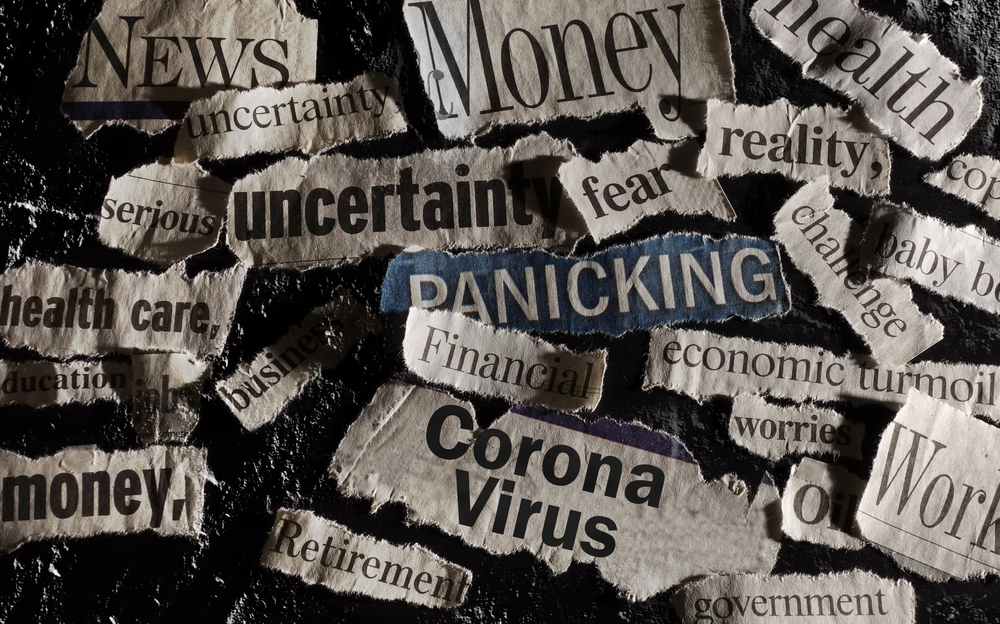

Health anxiety, also known as illness anxiety disorder is a mental health condition where an individual experiences persistent fear and worry about having a serious medical condition. This form of anxiety disorder is characterised by excessive preoccupation with health concerns.
People with health anxiety often experience intrusive thoughts about their health and the possibility of having a serious illness. They may constantly check their body for symptoms, search for information about medical conditions on the internet and seek reassurance from medical professionals. While it is normal to be concerned about one’s health, health anxiety causes excessive worry and distress, making it a challenging condition to manage that can have a significant impact on an individual’s mental health and well-being.
Are you experiencing health anxiety and need some help? Please get in touch with Donna Morgan today.
What is the difference between hypochondria and health anxiety?
Hypochondria and health anxiety are terms that are often used interchangeably, but they have distinct differences. Health anxiety refers to excessive, persistent worry and anxiety about one’s health, often in response to perceived physical symptoms or news of a medical diagnosis.
Hypochondria, on the other hand, refers to a more severe form of health anxiety in which a person experiences extreme and persistent anxiety about their health, often to the point of believing they have a serious or life-threatening illness despite little or no evidence to support this belief. People with hypochondria may become preoccupied with their physical symptoms, engage in frequent medical visits and tests and experience a range of physical symptoms that are often caused or exacerbated by their anxiety.
When to seek help for health anxiety
It is normal to have some level of health anxiety from time to time. It is natural to be concerned about our health and well-being and to feel anxious or worried when we experience physical symptoms or receive news of a medical diagnosis. However, when these concerns become excessive, persistent and interfere with daily life, it may indicate the presence of a more serious health anxiety disorder. If you are experiencing persistent, excessive worry and anxiety about your health, it is important to seek professional support and guidance.
It is important to seek help if health anxiety begins to impact daily life and functioning. For individuals who have a chronic illness or a history of medical issues, experiencing health anxiety can be overwhelming.
Symptoms of Health Anxiety
Some signs of health anxiety include excessive worry about physical symptoms, fear of having a serious illness, repeatedly checking the body for signs of illness or disease, avoiding doctor’s appointments or medical tests out of fear of receiving bad news, seeking frequent reassurance from medical professionals, family members, or friends and difficulty functioning in daily life due to worry about health.
The exact causes of health anxiety are not fully understood, but research suggests that a combination of biological, psychological and environmental factors may contribute to its development.
Some possible risk factors for health anxiety include a family history of anxiety or other mental health conditions, previous experience with a serious illness or medical trauma, high levels of stress or anxiety in daily life, poor self-esteem or negative beliefs about oneself, and excessive use of the internet or social media to search for health information.
Health anxiety can have a significant impact on mental health, often leading to depression and other anxiety disorders. The negative effects of health anxiety on mental health include constant worry and fear about health, difficulty sleeping and fatigue due to excessive worry, avoidance behaviours, such as avoiding doctor’s appointments or certain activities, social isolation, and an increased risk of developing other mental health conditions, such as depression, panic disorder, or obsessive-compulsive disorder.
Fortunately, several treatment options are available for managing health anxiety, including cognitive behavioural therapy (CBT), medication, self-help strategies, and lifestyle changes.
The COVID-19 pandemic has led to an increased focus on health and hygiene, which can exacerbate health anxiety for some individuals. Increased accessibility to medical information and professionals, such as telemedicine and virtual doctor visits, can contribute to excessive reassurance-seeking behaviours in those with health anxiety. It is crucial for individuals to be aware of the signs and symptoms of health anxiety and seek professional help if needed.
Frequently Asked Questions, Regarding Health Anxiety
What is the difference between health anxiety and hypochondria?
Answer: Health anxiety refers to excessive, persistent worry and anxiety about one’s health often in response to perceived physical symptoms or news of a medical diagnosis. Hypochondria, on the other hand, refers to a more severe form of health anxiety in which a person experiences extreme and persistent anxiety about their health.
What are the signs of health anxiety?
Answer: Signs of health anxiety can include excessive worry about physical symptoms, fear of having a serious illness, repeatedly checking the body for signs of illness, avoiding doctor’s appointments or medical tests, seeking frequent reassurance from medical professionals, and difficulty functioning in daily life due to worry about health.
What are the possible causes and risk factors for health anxiety?
Answer: The exact causes of health anxiety are not fully understood, but research suggests that a combination of biological, psychological, and environmental factors may contribute to its development. Possible risk factors include a family history of anxiety or other mental health conditions, previous experience with a serious illness or medical trauma, high levels of stress or anxiety in daily life, poor self-esteem or negative beliefs about oneself, and excessive use of the internet or social media to search for health information.
What are the negative effects of health anxiety on mental health?
Answer: Health anxiety can lead to constant worry and fear about health, difficulty sleeping and fatigue due to excessive worry, avoidance behaviours, social isolation and impact on relationships, and an increased risk of developing other mental health conditions, such as depression, panic disorder, or obsessive-compulsive disorder.
What are the available treatment options for health anxiety?
Answer: Treatment options for health anxiety include cognitive-behavioural therapy (CBT), medication such as antidepressants, self-help strategies like mindfulness meditation and deep breathing exercises, and lifestyle changes such as reducing stress, improving sleep habits, and avoiding alcohol and caffeine.
Why are we hearing more about health anxiety?
Answer: There are several reasons why we may be hearing more about people struggling with health anxiety at the moment. These include the increased focus on health and hygiene due to the COVID-19 pandemic, the increased use of telemedicine and virtual doctor visits, and the ease of access to medical information through social media and the internet.
Is it normal to have some level of health anxiety?
Answer: Yes, it is normal to have some level of health anxiety from time to time, especially during times of stress or uncertainty. However, if the anxiety becomes excessive and starts to impact daily life and


